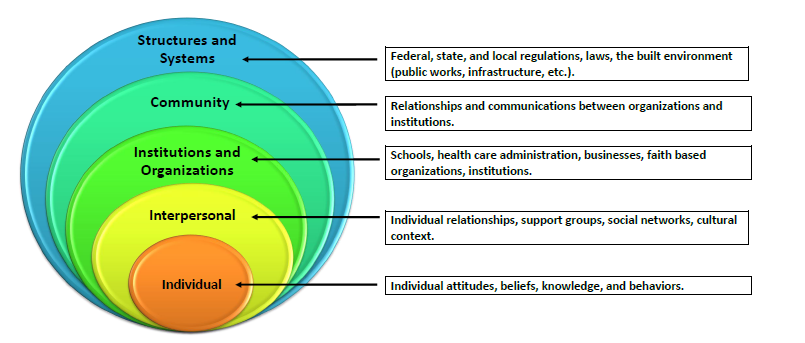Factors that facilitate social environments and health are varied and span far beyond medical care. Politics has a hand in most factors in one way or another. “Nearly everything we experience is touched by government,” says Barry Burden, a professor of political science and Director of the Elections Research Center at UW-Madison. “Roads, air, taxes, medications, movies, cost of textbooks, and the moped speeding limit are some examples.” While these may not immediately impact individual biology, they do impact the social environment we find ourselves in, subsequently impacting our health status. Tom Oliver, a professor of population health sciences in the UW School of Medicine and Public Health, says, “broadly speaking, how we improve public health has to come from a lot of areas, and we have to look beyond just health care.”
Next week, Badgers will head to the polls to cast ballots for presidential, senatorial, congressional, and local political races. Those ballots elect officials to represent their views in government, and create policies and form decisions that will make ripples across every facet of government.
The impacts of voting and political decisions touch nearly every facet of daily life, from safety, to housing, to education, and even our health.
“We rely on government programs all the time,” says Chris Wells, an associate professor in the School of Journalism and Mass Communication who studies political participation among younger people. “So much so, that we often take them for granted.”
The relationship between health and voting is both well-researched and reciprocal. “Research shows that the healthier you are, the more likely you are to cast a ballot,” says Burden. In turn, there is also research that shows voting can actually make people healthier. “When a person is involved with civic life, they are social, efficacious, and participating,” says Burden.
Participation in civic life is one way to improve social well-being. Feelings of connection and belonging change the way individuals interact with the world around them. Oliver speaks highly of the importance of participating in community life as it relates to health. “Social connectedness is really important for physical health, because they are active when they’re getting out and doing things, and also mental health, because social capital relates to an underlying ideal that can determine health status.”
The Social Ecological Model of Health is one way to visualize this idea. The model suggests that an individual’s health is determined not only by their biology and individual choices, but also the community they live in, the systems they interact with, and the societal norms that shape their realities. “Health begins with the genes you inherit from your parents,” says Oliver, “but it grows into how you are affected by your social environment.”

That is not to say, however, that health policy does not have an important impact on health. While health policy has heightened visibility in the presidential race, it is important to consider that its status is also dependent on congressional representatives, senators, and Supreme Court justices. Furthermore, local representatives have a large say in community-level health policies. “As you move down the list of offices on the ballot, the effects on your daily life become more and more immediate,” says Burden.
As with every election, the people have the power to determine the values of the society we will continue to live in, a society that impacts nearly every facet of our day-to-day lives, regardless of how visible they are. ““We have to decide where we’re going as a country morally, economically, and politically,” says Wells. And this certainly has an impact on well-being. “A lot of people talk about a right to health,” says Oliver. “And while we can’t ensure that, we can support it.” No matter what this support looks like, whether it is directed to health policy or otherwise, the people have the power to facilitate not only their personal health, but the determinants around them that can shape it. This is the foundation of a healthy democracy.
For information on early voting, voter registration, voter ID, and more, head to vote.wisc.edu.
Written by Gina Nerone, UHS Web and Communications Assistant